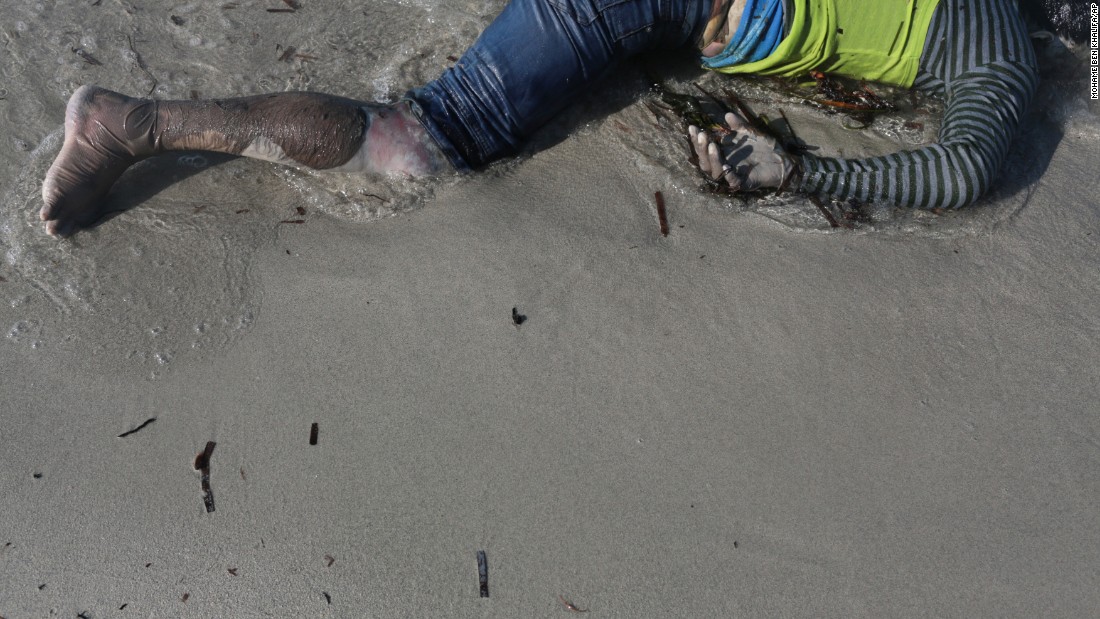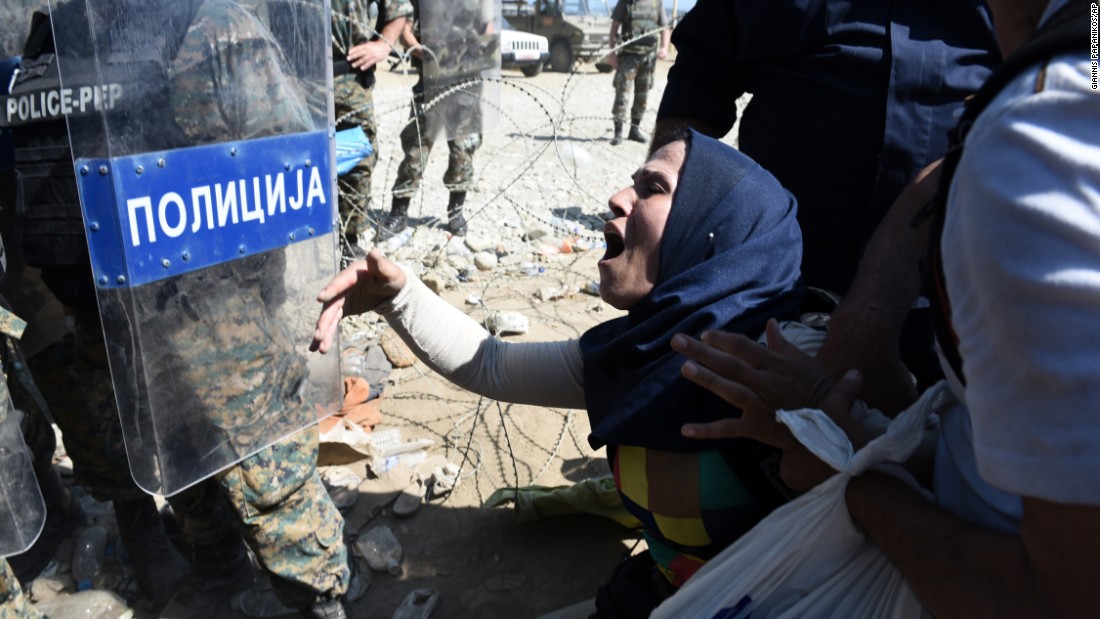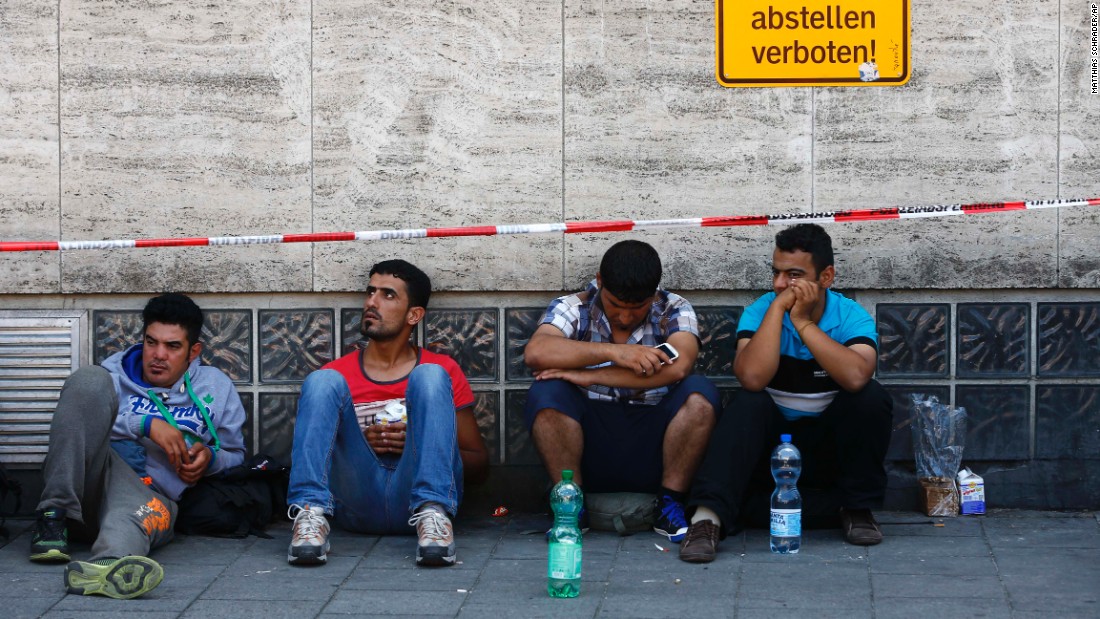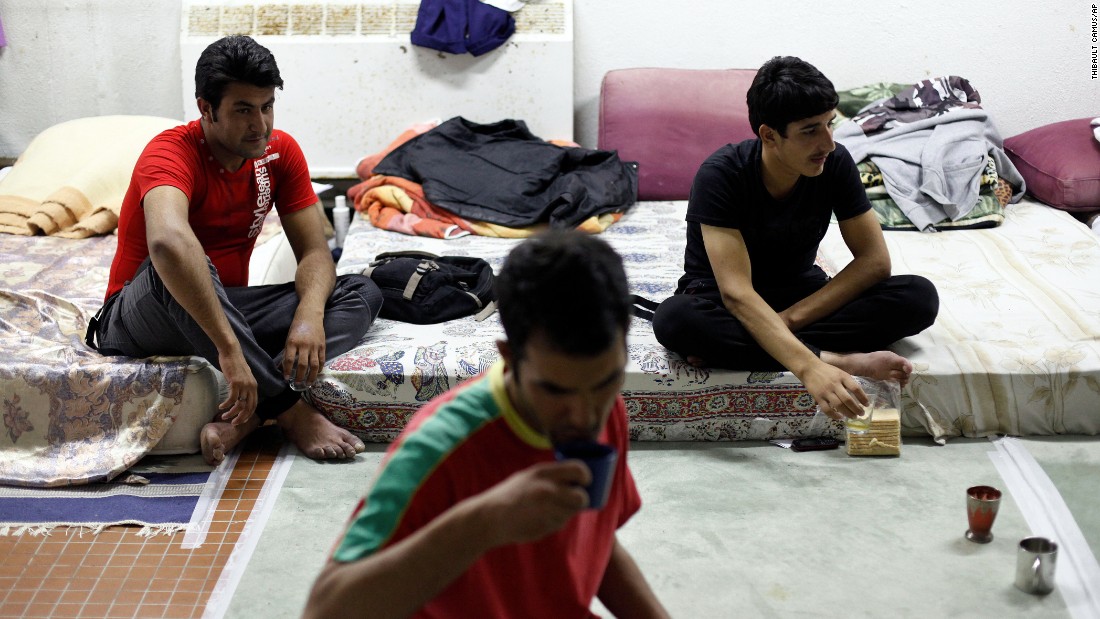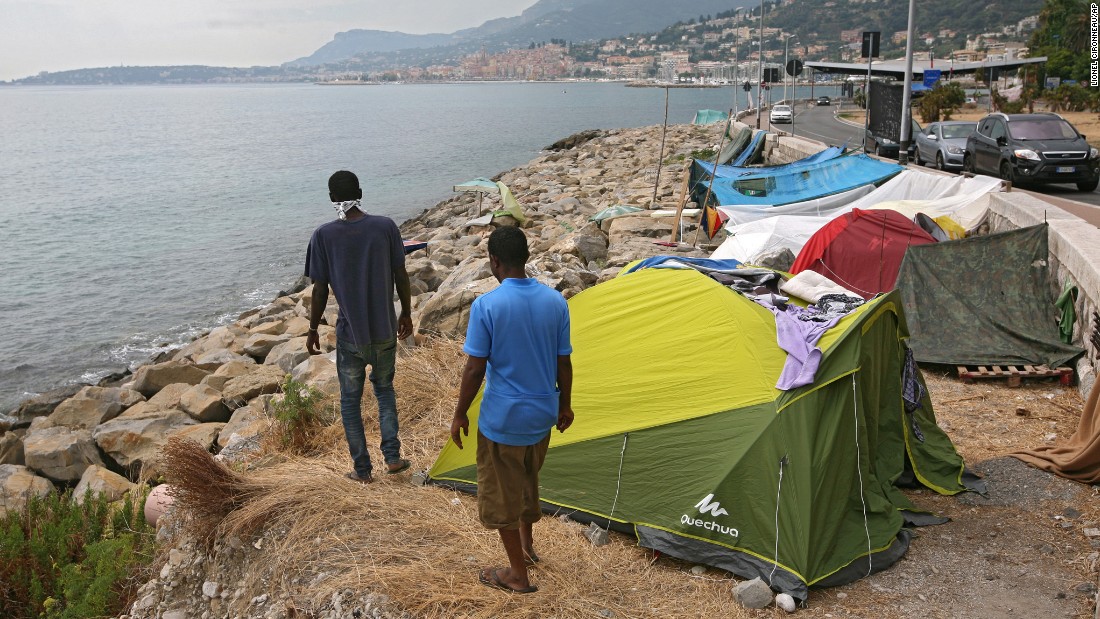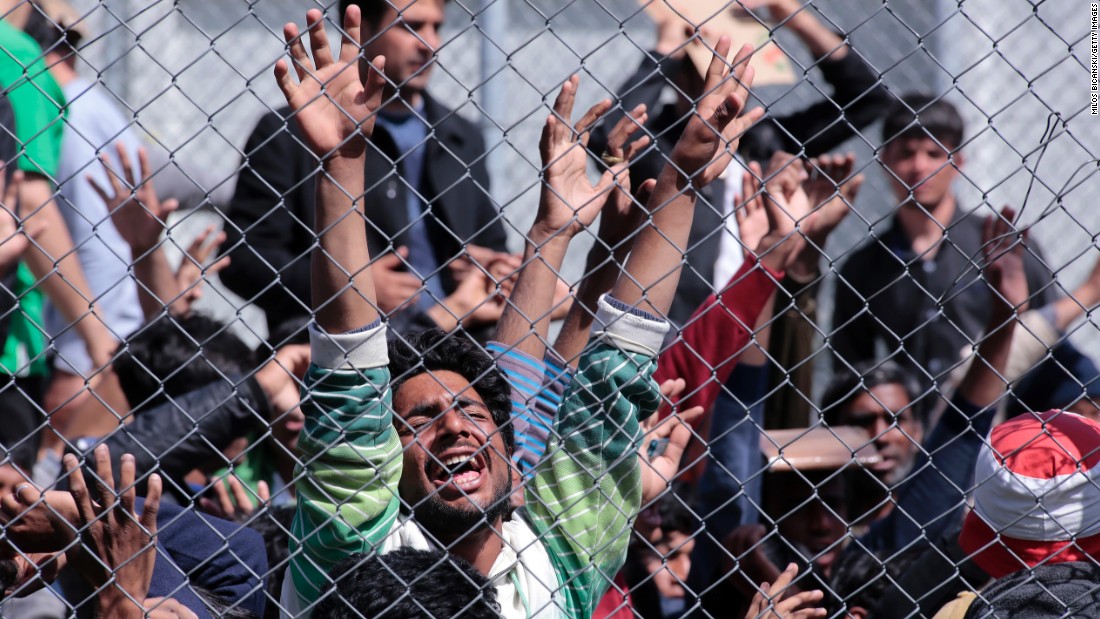But
Anis Amri never got sent back to his home country of Tunisia.
Now Amri, 24,
is a wanted suspect accused of plowing a truck into a Berlin Christmas market,
killing 12 people and injuring dozens of others.
Italy and Germany wanted to deport him. So why would Amri still have been in Europe in the first place?
Details are still emerging about Amri’s background. But already the case appears to be highlighting an issue that governments around the world face. Deporting someone — even a criminal convicted of violent offenses — is
harder than it sounds.
It takes two
The bottom line: In order to deport someone, the person’s home country has to cooperate.
In Amri’s case, Italian and German officials both say their efforts to deport him ran into roadblocks when it came to getting the documents needed to send him back.
Italian authorities say Amri served four years of jail time for assault, arson and damaging state property at the country’s
Lampedusa refugee center. They ordered his deportation, Italian state police spokesman Mario Viola said. But Tunisian authorities wouldn’t accept the request on the grounds of a lack of proper documentation, Viola said.
Amri was denied asylum in Germany but was not deported because he had no official papers, and his identity could not be determined, officials there said.
Tunisian officials could not be immediately reached for comment on Amri’s case.
“It is because of Berlin that I expect things to change. The process is to be accelerated,” he said.
Some officials have already been ramping up those efforts, he said, pointing to recent deals the European Union reached
with Afghanistan and Mali.
Leaders across Europe are turning more attention to enforcing immigration regulations, Papademetriou said, as they face growing political pressure from far-right groups.
“Clearly,” he said, “they have been realizing that they’d better do this, before they start losing elections, big time.”



